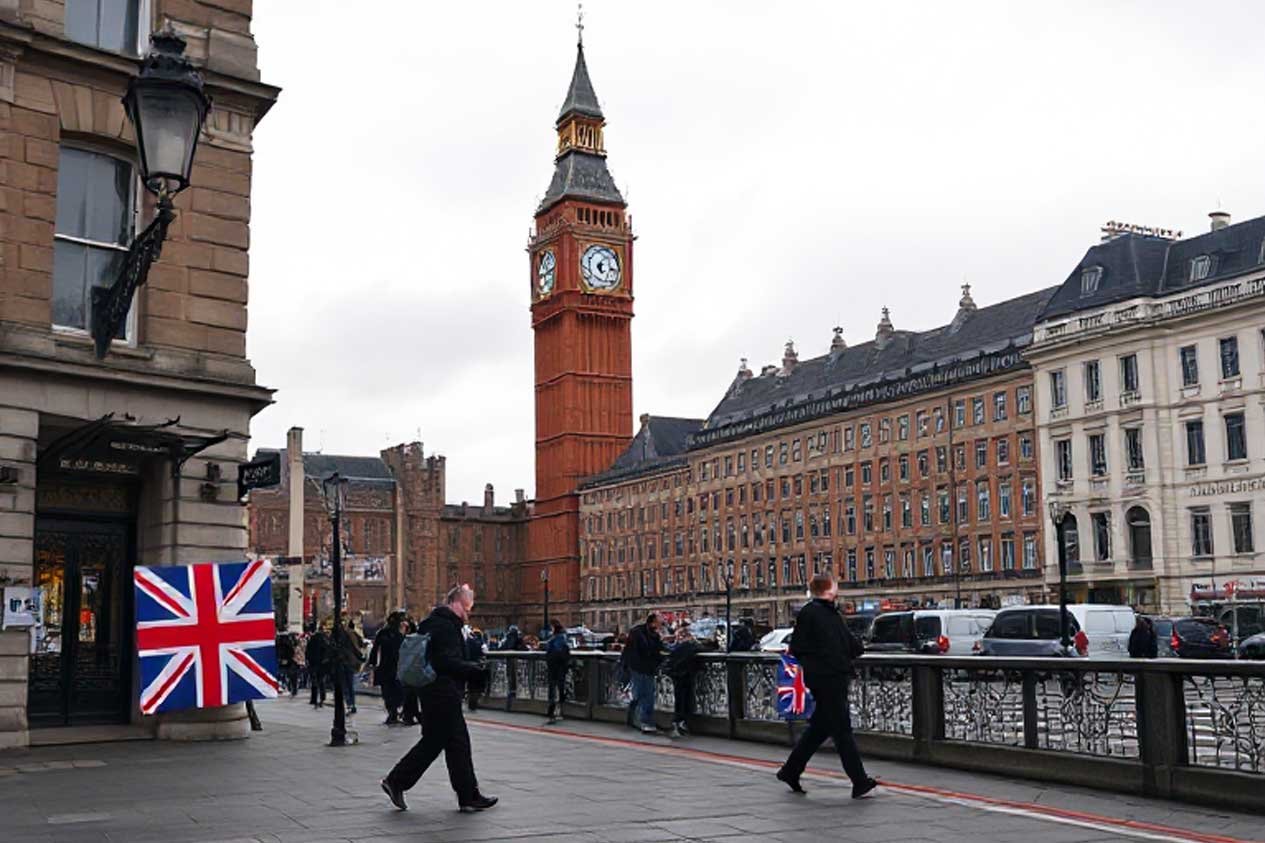The UK government is set to re-examine the rules surrounding high-skilled worker visas, with updates expected later this year through an immigration white paper. This initiative aims to address the hiring process for highly skilled foreign workers, a move that could benefit Nigerians in fields like artificial intelligence (AI) and life sciences.
Chancellor Rachel Reeves made this announcement on January 22 during the World Economic Forum in Davos. She emphasised, “Britain is open to talent and business; we have some of the world’s top universities and entrepreneurs, but we also want to attract talent from around the world.”
This follows the Labour government’s promise to adopt a more practical approach to immigration by commissioning reports from the Migration Advisory Committee (MAC) to assess sectors dependent on foreign talent.
What Does This Mean for Nigerians?
Under the current rules, employers in the UK can hire foreign workers if they meet wage thresholds of £38,700 or £30,960 for positions on the immigration salary list, qualifying for a Skilled Worker visa. However, with stricter policies introduced by the previous Conservative government—such as banning care workers and students from bringing dependents—the dynamics may change. These restrictions led to a 20% drop in net migration by June 2024.
The ongoing policy adjustments aim to balance migration with domestic skill development. Nigerians with sought-after expertise, particularly in technology and healthcare, should monitor these changes as they may open new opportunities for skilled professionals.
Challenges for Employers
Despite the potential benefits, legal experts caution that high visa costs and stringent compliance requirements could deter UK employers from hiring international talent.
Karendeep Kaur, legal director at immigration law firm Migrate UK, stated, “Businesses will need assurance that the potential to acquire specialised talent will outweigh the demands placed on them as sponsor licence holders if this is to be successful.”
Key challenges for employers include:
- Rising visa and health surcharge costs.
- Strict monitoring requirements for foreign workers, with audits from UK Visas and Immigration (UKVI).
- Risk of licence revocation if costs like sponsorship fees are improperly handled.
Digital Immigration Transition
UKVI is also transitioning to a fully digital immigration system, replacing paper documents with digital eVisas. While this modernisation simplifies processes, it places additional compliance pressure on businesses.
MAC’s latest report warns against a “one-size-fits-all” approach to immigration and highlights the need for a balanced strategy to reduce immigration while addressing skill shortages.
What Should Nigerians Do?
For Nigerians aspiring to live and work in the UK, staying informed about these policy changes is crucial. Whether you’re in healthcare, IT, or AI, the government’s consultations with businesses could lead to more favourable routes for highly skilled workers.
However, it’s essential to prepare for the financial and procedural demands of the UK immigration system. Partnering with reputable immigration advisers and staying compliant with visa requirements will be vital to successfully navigate these changes.
The Labour government’s efforts to attract global talent signal hope for Nigerians eager to contribute their expertise to the UK economy. Keep following Naija UK Connect for updates on how these developments could impact you and your career ambitions.
Join Our WhatsApp Channel
Stay updated on the latest UK news, including education, health, job openings, and more for those living in the UK!
Join here: Naija UK Channel
Also, follow us on our social media channels for the latest updates and discussions:
- Twitter: @NaijaUKConnect
- Facebook: Naija UK Connect
- Instagram: @naijaukconnect




